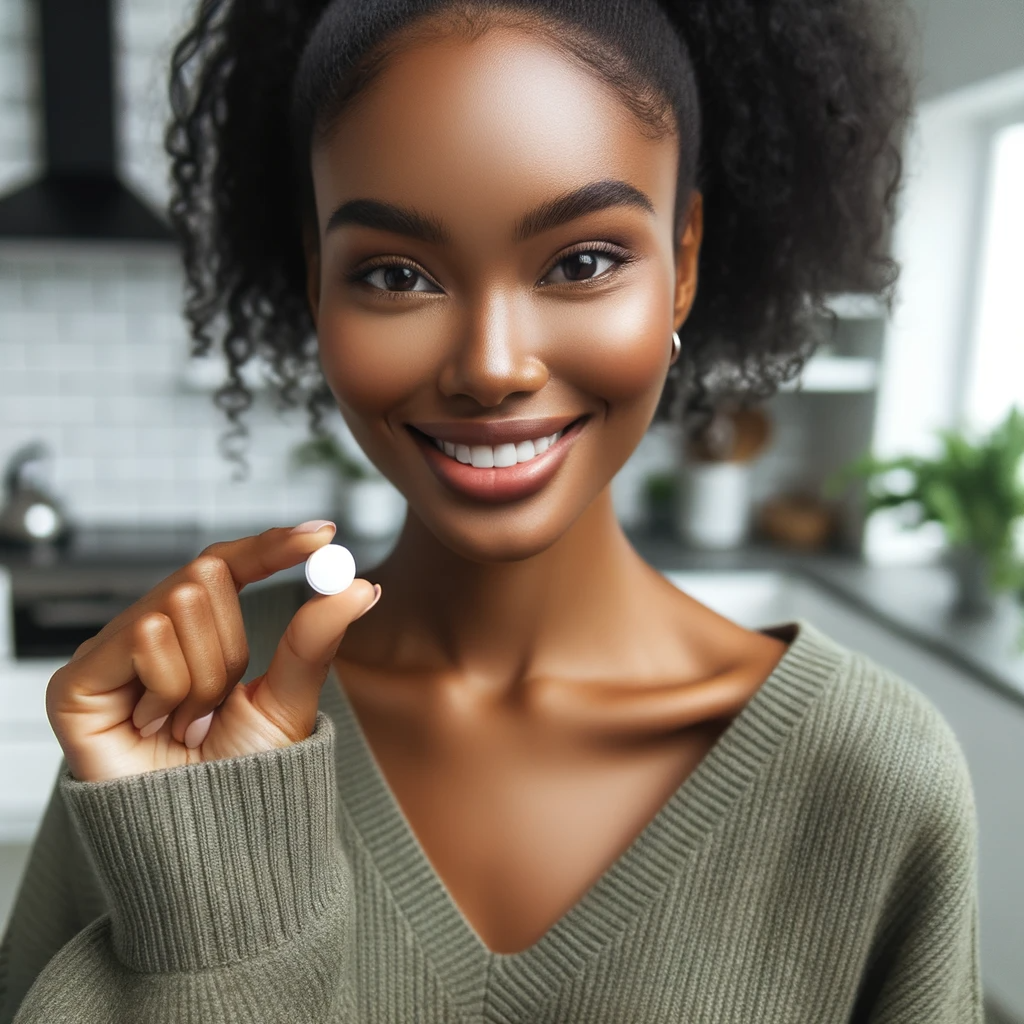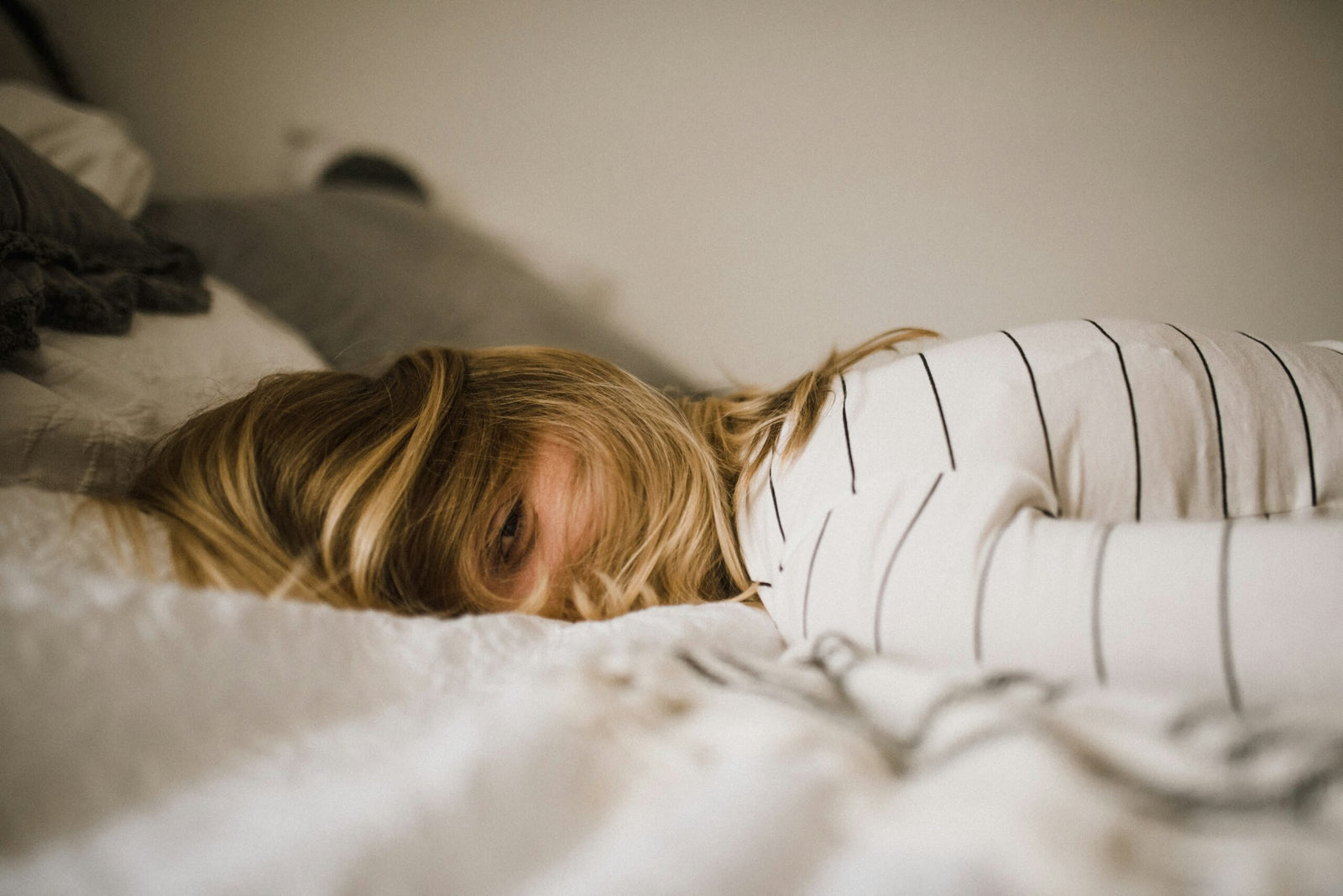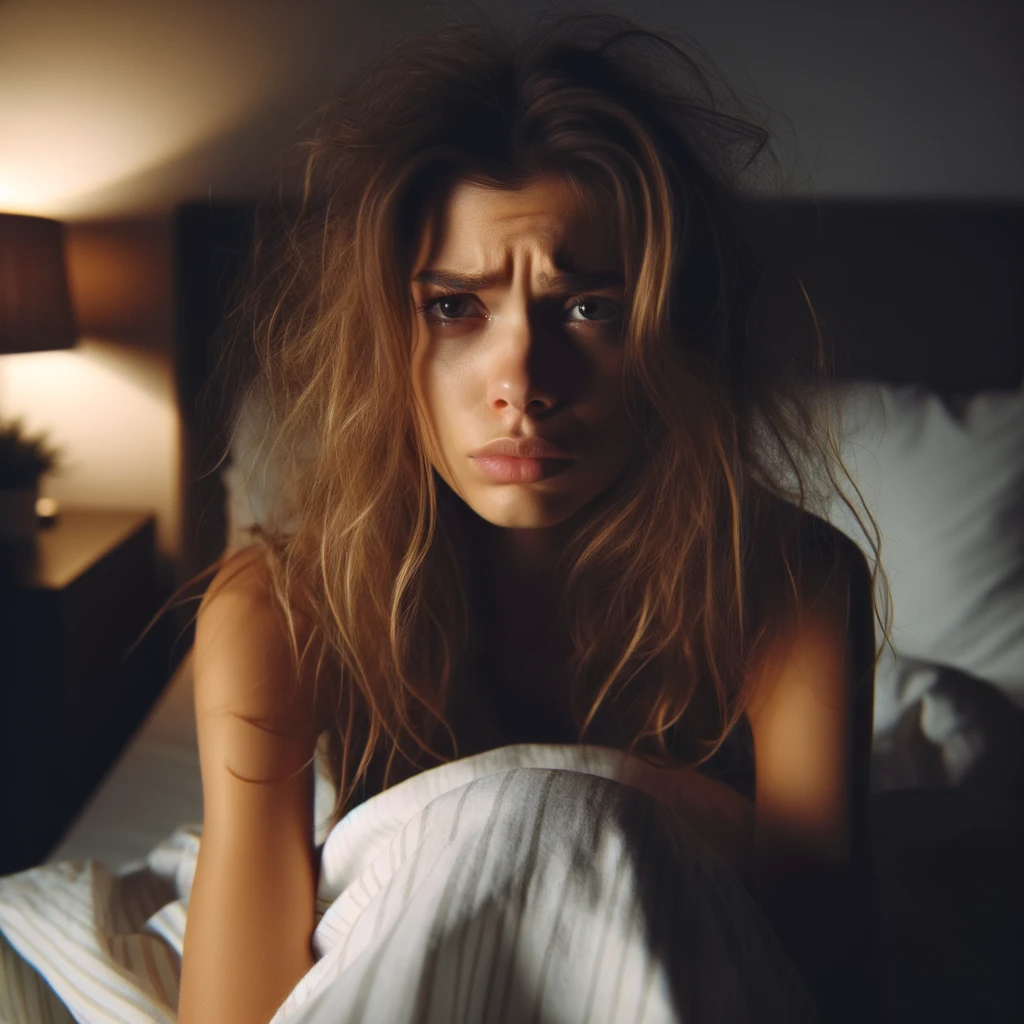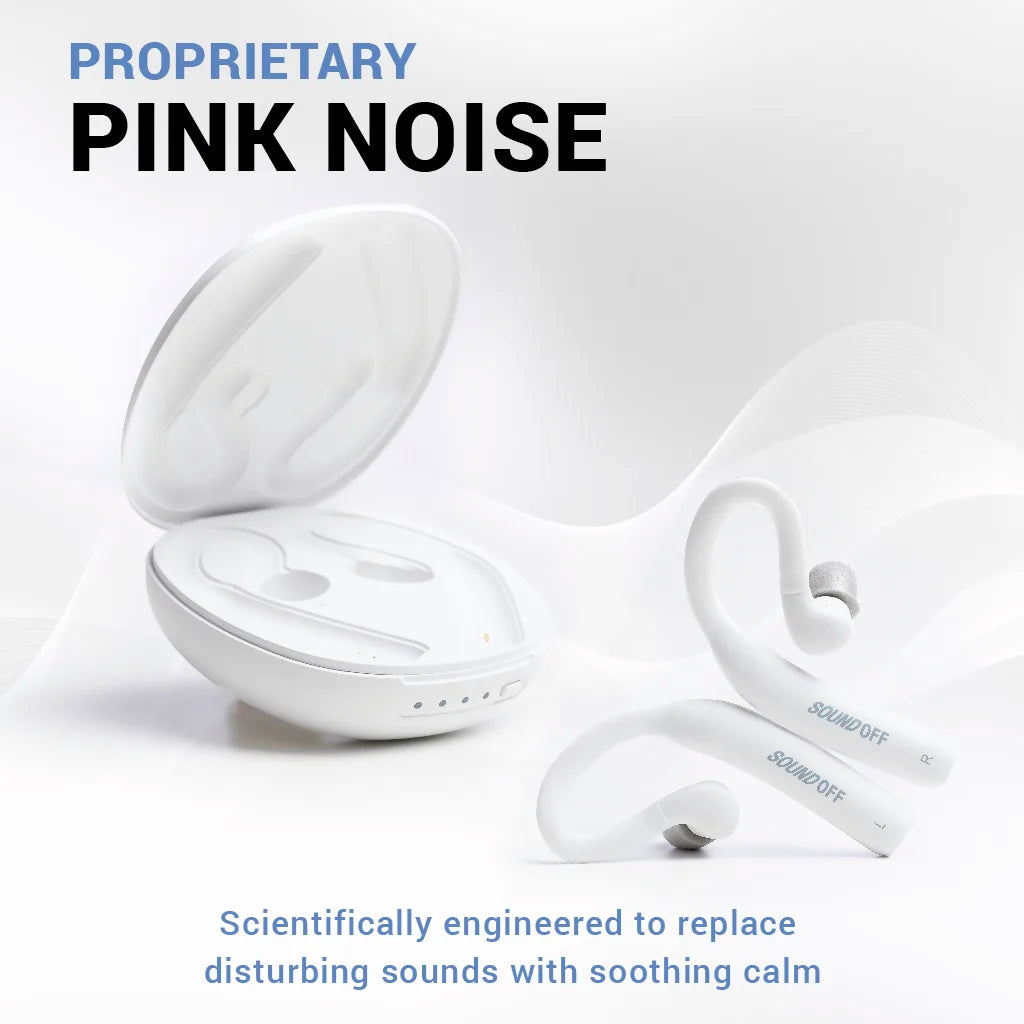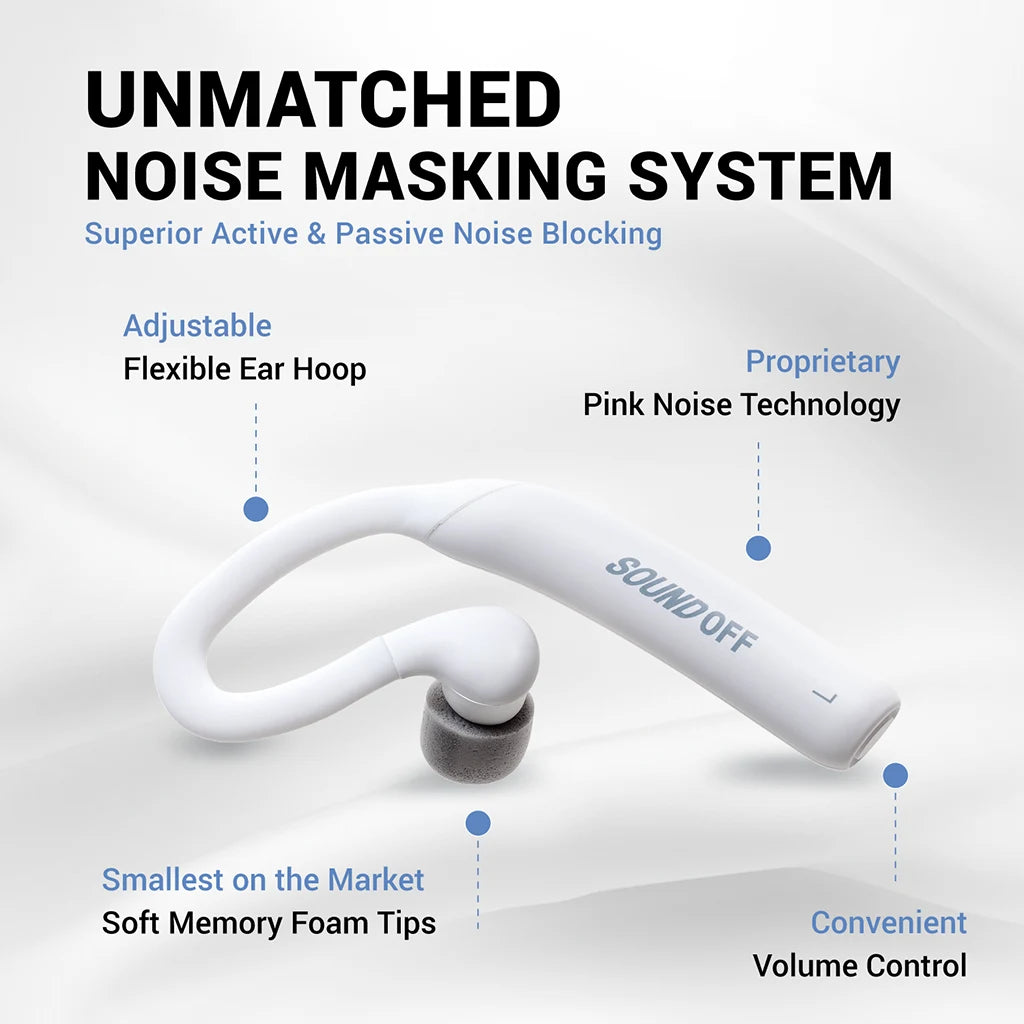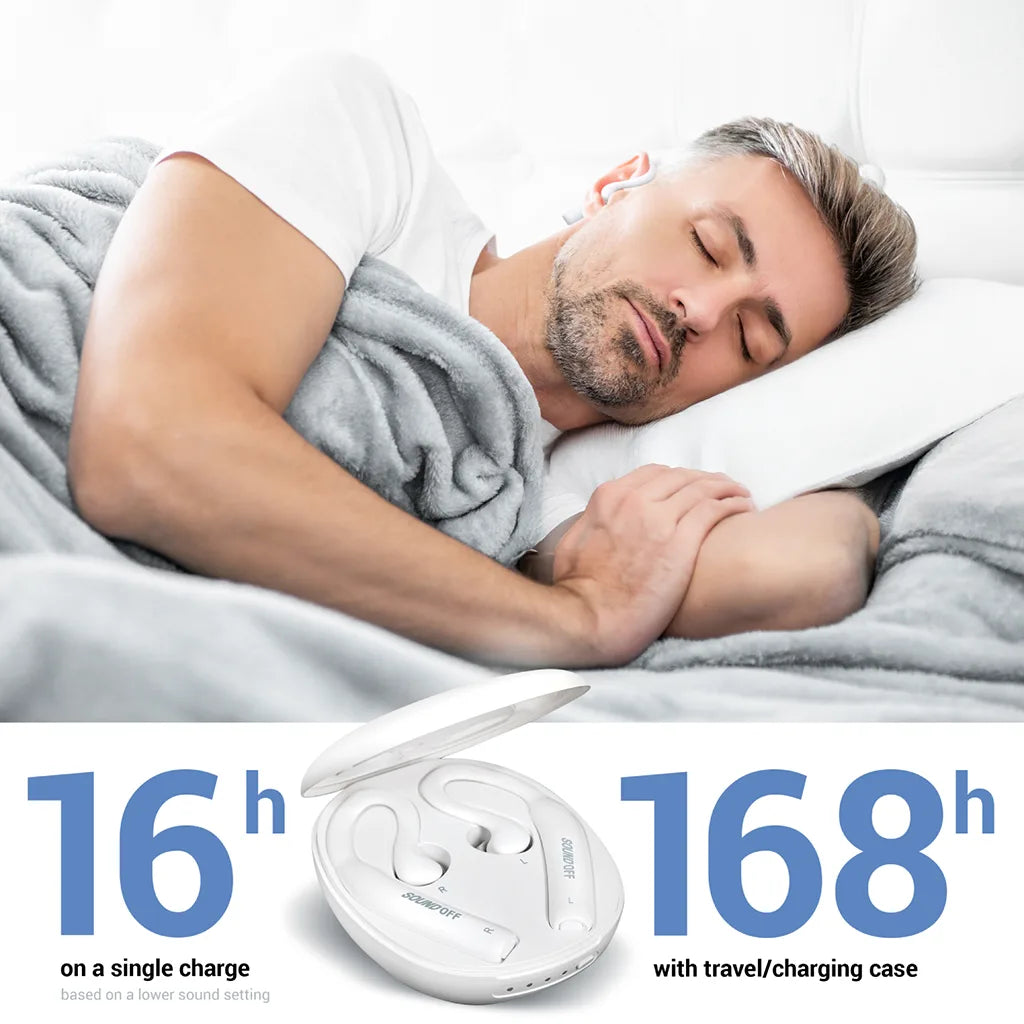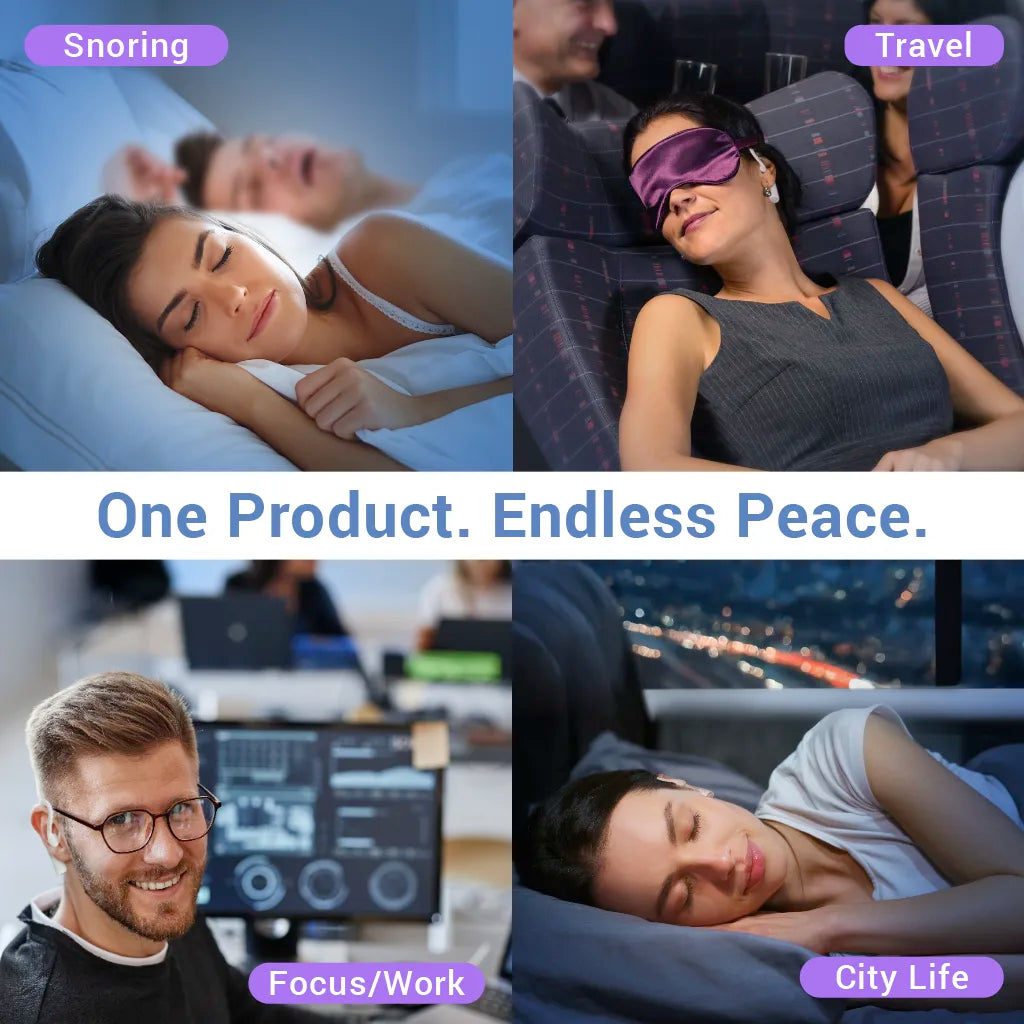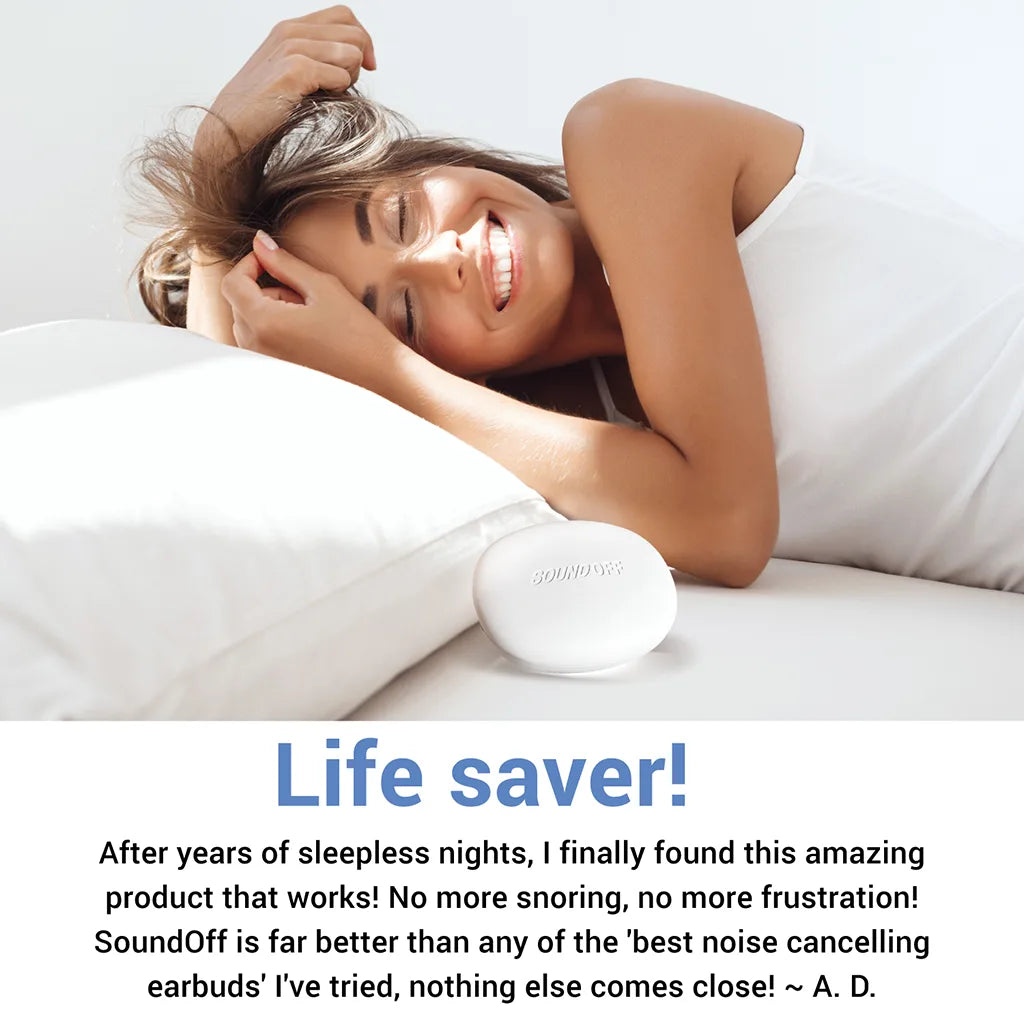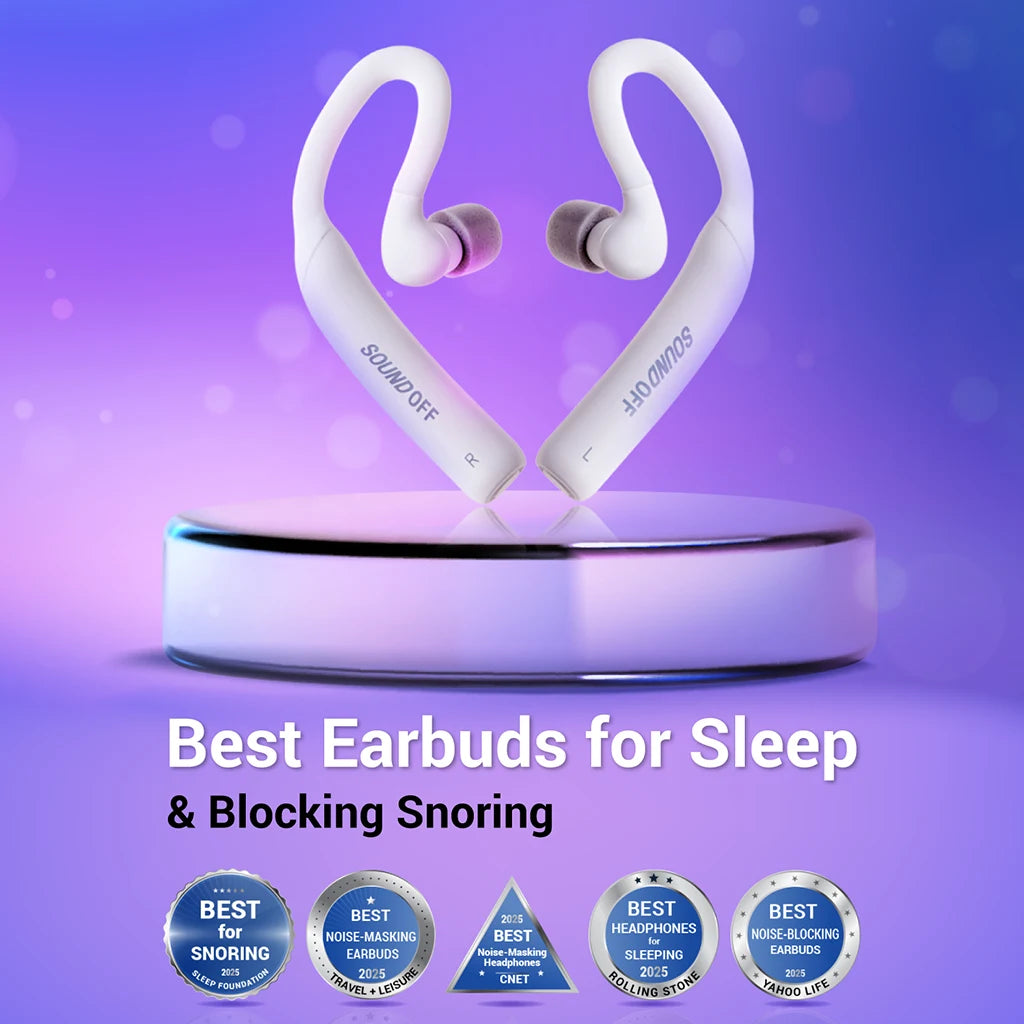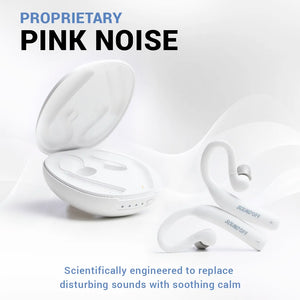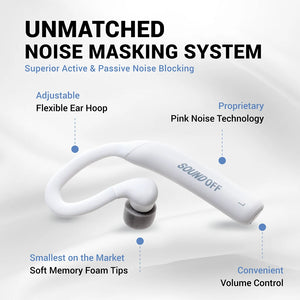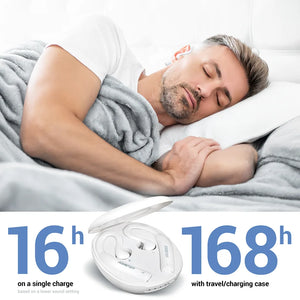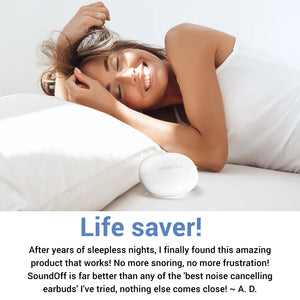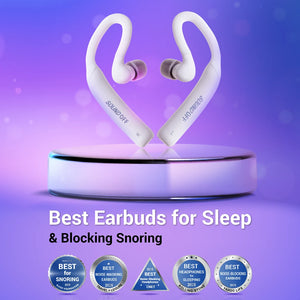
Insomnia & Illness
If you’re wondering whether lack of sleep can really increase your chances of getting sick, the answer is yes. Insufficient sleep, as well as poor quality sleep, make it more likely you’ll get sick after exposure to pathogens like colds and viruses. Should the sleep loss become chronic, you’re at risk for more severe conditions—and if you do get sick, you can expect longer recovery times. In this post, we wrap up our Insomnia series, with a focus on the connection between Insomnia and Illness.
These two conditions have a bi-directional relationship. Which means losing sleep can lead to illness, and likewise, illness can lead to sleep loss. So, we’ll take a look at Illnesses that result from chronic Insomnia, as well as illnesses that trigger Insomnia—but first, some facts about sleep and the immune system…
How sleep supports the immune system
When we sleep, our immune system releases proteins called cytokines to provide healthy, restorative rest. We need an increased number of these proteins when our bodies are under stress—especially when trying to fight off infections and inflammation.
If we’re sleep-deprived, there is a reduction in cytokine production—as well as infection-fighting antibodies—leaving our immune systems less-effective in their ability to protect us from infectious diseases. Adequate sleep, on the other hand, fortifies the immune system, to both make us less susceptible to falling ill, and to set us up for quicker healing times.
How do I know if I'm not getting enough sleep?
First, it isn’t just about the number of hours of sleep you’re getting each night. If your quality of sleep is poor, this also leads to sleep deprivation. In order to get the rejuvenating effects you need from sleeping, you need to sleep uninterrupted—so that you can move correctly through the differentstages of sleep.
This means cycling through all REM and Non-REM sleep stages, which one typically does 4-5 times per night. You’re not spending enough time in all of the necessary sleep stages if you’re constantly waking up throughout your sleeping period.
Do you find you’re experiencing regular daytime drowsiness?Sleep quality—rather than sleep quantity—could be the problem.

If you’re often sleepy during the day, it may be more about sleep quality than sleep quantity.
Here are some signs of poor sleep quality:
- Difficulty thinking, focusing or remembering
- Mood and/or behavioral issues
- Compromised productivity or performance
If you’re you sleepy during the day or noticing any of these other issues, it’s time to take steps to improve your sleep quality before it leads to serious health complications.
Illnesses that may result from Insomnia
Most of what we know about the link between insomnia and illness comes from controlled sleep deprivation protocols within studies conducted on humans subjected to 12-15 days of sleep deprivation. This length of time is most representative of the human condition we know as “insufficient sleep.”
There is much evidence to support that chronic sleep deprivation alters inflammatory immune processes via multiple pathways—creating greater susceptibility to chronic inflammatory diseases.
Inflammatory diseases resulting from Insomnia
Insomnia and Autoimmune diseases
Sleep deprivation can promote a breakdown of immunologic self-tolerance. In other words, it affects the immune system’s ability to recognize self-produced antigens as non-threatening while mounting a response to foreign substances. This imbalance is detrimental to critical physiological function and overall wellbeing.
Some studies have also found a link between non-apnea sleep disorders, including insomnia, and higher risk of developing autoimmune disorders like:
- Ankylosing Spondylitis
- Erythematosus
- Rheumatoid Arthritis,
- Systemic Lupus
- Systemic Sclerosis
Influencing factors
Notably, early influencing factors affecting sleep duration in these cases may include: Chronic Fatigue, Vitamin D deficiency, Depression, and Prednisone use. However…
- The sleep-deprivation-induced increase in production of certain pro-inflammatory cytokines additionally leads to intensified chronic inflammation—which can ultimately cause cartilage and bone erosion. The experimentally sleep-deprived healthy humans also showed suppressed T-cell activity.
Though more research is needed, there is little doubt ongoing sleep deprivation can facilitate disease development—leading researchers to conclude that it isn’t just a symptom of autoimmune disease—but rather, it directly contributes to increased susceptibility for developing autoimmune diseases.
Cancer
Sleep deprivation is a risk factor for ineffective anti-tumor response in several cancers including cancer of the breast, colon and prostate. This may be partially due to the shorter duration of nocturnal melatonin secretion which provides anti-cancer benefits.
- Additionally chronic sleep loss leads to reduced cytotoxic activity of natural killer (NK) cells—these are natural immune cells with anti-tumor effects.
- Also noted is lowered response of the Th cells—the cells which are the most effective immune response against tumors. The sleep deprivation produces an immunosuppressive environment and this imbalance can lead to early onset and increased growth rate of the cancer, as well as greater chance of mortality.
These diminished immune responses after sleep deprivation is a compelling link between poor sleep and the associated higher risk of cancer vulnerability.

Being sleep deprived makes you more prone to infections.
Infections
Growing evidence associates longer sleep periods with a significant reduction in parasitism. Conversely, we see increased risk for infection and poor infection outcomes with reduced sleep quality. Moreover, the sleep-deprived are much more likely to contract respiratory infections, colds, flu, gastroenteritis, and other common infections.
Bottom line, your body requires sleep to fight off infection. If your infection-fighting antibodies are going to be able to do their job, you need to make sure you’re getting the right amount—and the right kind—of sleep.
Metabolic and Cardiovascular disease
Sleep deprivation is associated with significantly higher risk of fatal and non-fatal cardiovascular events as follows…
- 48% higher risk of coronary heart disease
- 15% higher risk of stroke
- 12% higher risk of all-cause mortality
Insufficient sleep has also been linked to increased subclinical atherosclerotic burden—the underlying cause of cardiovascular diseases.
Additionally, sleep deprivation increases these significant and preventable risk factors for cardiovascular diseases, as well as diabetes:
- Obesity risk (55%)
- Insulin resistance (28%)
- Hypertension (21%)
Clearly, we can see a significant association between sleep deprivation and cardiometabolic risks and outcomes.
Neurodegenerative diseases
NDDs (neurodegenerative diseases,) target selective neurons in the Central Nervous System. These diseases are related to aging and include:
- Alzheimer’s Disease
- Amyotrophic Lateral Sclerosis
- Huntington’s Disease
- Multiple Sclerosis
- Parkinson’s Disease
Many believe altered sleeping habits—sleep deprivation to be more specific—to be a significant contributor in development or worsening of neurodegenerative diseases.
Sleep’s role is crucial in clearing metabolic waste accumulation—acute or chronic sleep loss impedes this process. Sleep deprivation is associated with the rapid decline in circulatory melatonin levels, thought to be linked to rapid consumption of melatonin as a first-line defense against the sleep deprivation-associated rise in oxidative stress.
Insomnia and mental illness
Sleep loss and Anxiety
Sleep difficulties can both contribute to and intensify mental health conditionslikeanxiety and depression. Dr. Julia Kogan, a health psychologist specializing in sleep and stress, explains: “When you’re not sleeping well, your body releases more of the stress hormone,cortisol… “The more activated the nervous system, the harder it is to fall asleep.”
Here’s another bi-directional relationship. Chronic loss of sleep can give you anxiety—and being anxious is going to prevent you from getting quality sleep.
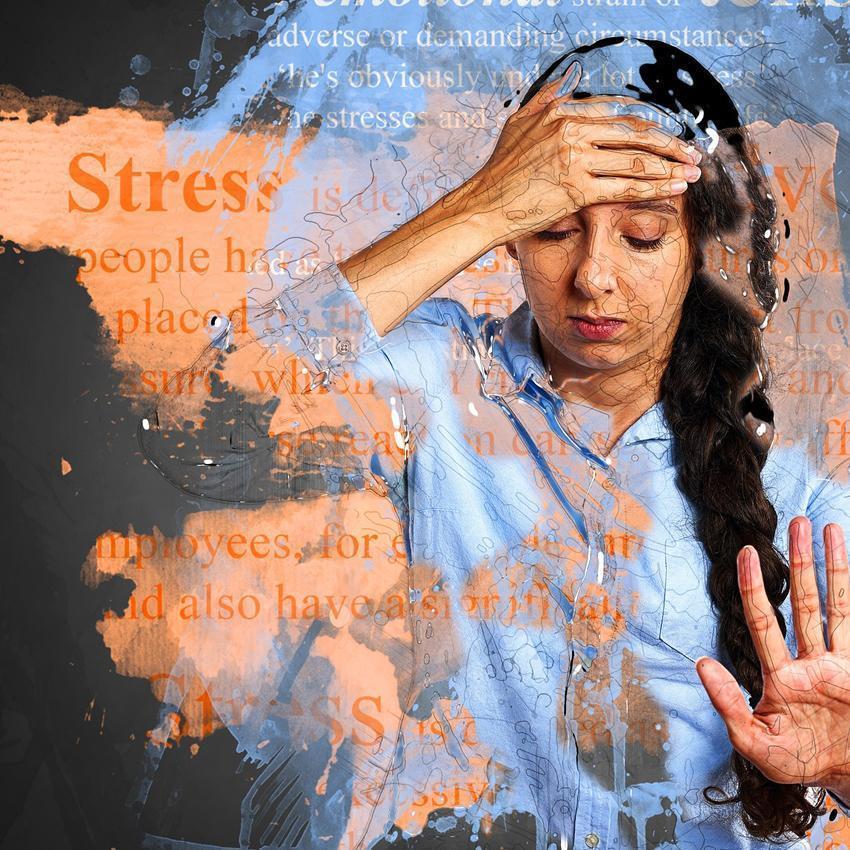
Chronic sleep loss at night will cause anxiety and stress during the day.
Sleep loss and Depression
Insomnia sufferers may have a tenfold higher risk than people who get a good night’s sleep when it comes to developing depression. Patrick Finan, PhD, Associate Professor of Psychiatry & Behavioral Sciences at Johns Hopkins University School of Medicine, explains that sleep interruptions interfere with deep, restorative REM sleep. This sleep interference wreaks havoc on an already tired mind, body and spirit.
It’s easy to see how that could alter one’s outlook. In fact, healthy men and women in a recent study had a 31% reduction in positive mood following a night of interrupted sleep. Dr Finan goes on to say, “Insomnia could increase a person’s risk of depression by weakening their emotional resilience—the buffer of positive emotions that helps people deal with the stress and challenges of life.”
It’s not a stretch then to imagine how much more problematic disrupted sleep is among people already dealing with depression—75% of them struggle just to fall asleep in the first place.
Illnesses and conditions that may trigger Insomnia
From chronic disease to general stress, there are a number of medical conditions that are known to trigger sleep loss. It should be noted that this includes the secondary effect of medications you may be prescribed in order to treat said conditions.
Specific offenders in the medications category include prescription drugs used to treat the following conditions:
- ADHD
- Allergies
- Blood pressure
- Depression
- Heart disease
- Thyroid problems
Talk to your doctor if you suspect your medicine is part of the problem rather than the solution.
Over-the-counter decongestants containing pseudoephedrine can also keep you up at night. Again, it’s not always as simple as popping a pill—if you think your meds are interfering with your sleep, your healthcare advisor may be able to adjust or replace your medication.
Now on to the actual medical conditions that may lead to insomnia or other sleep disorders…
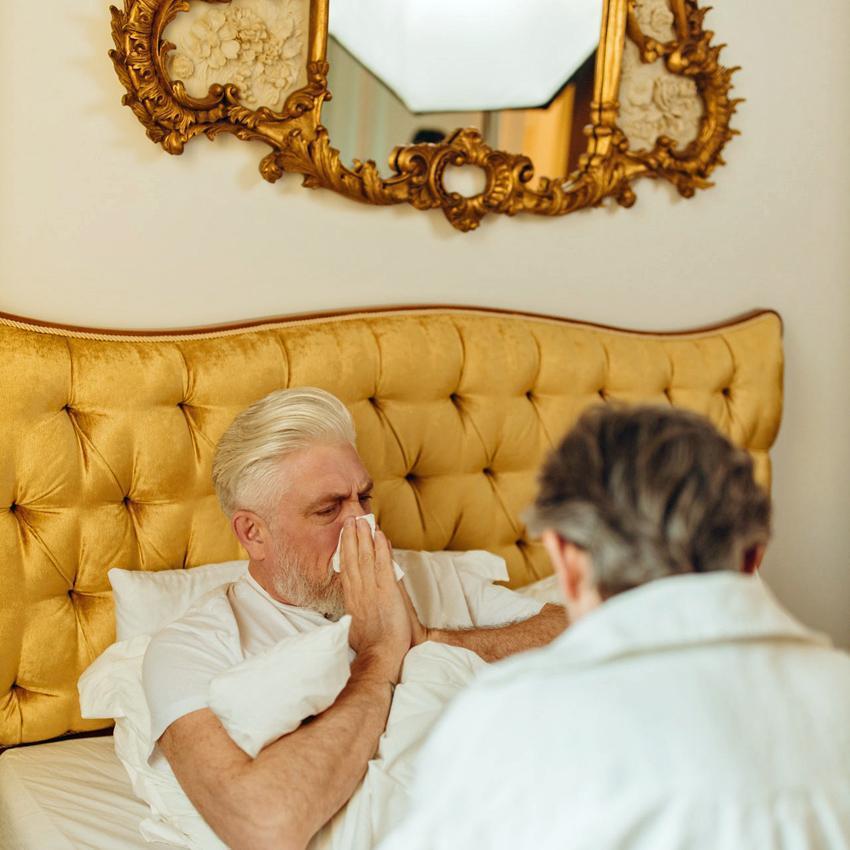
Allergies, colds, and other breathing issues are worse at night—making it difficult to get the sleep you need.
Breathing problems
Asthma
Asthma sufferers report symptoms worsen in the evening, prompting clinicians to call it “nocturnal asthma.”Symptoms include:
- Wheezing
- Inability to breathe deeply
- Chest tightness
Asthma symptoms may be triggered by:
- Acid reflux
- Allergens in your sleep space
- Circadian Changes
- Cold air
- Diet
- Pregnancy hormonal changes
- Scented products
- Tobacco smoke
- Viral infections
Managing asthma typically requires avoiding triggers and taking medication—be sure to keep your asthma medication close by when sleeping. In addition, practicing good sleep hygiene, controlling stress levels and regulating temperature and humidity, will help get you through the night.
Nasal Allergies
Seasonalallergies make you uncomfortable and disrupt your sleep—they also increase your chance of developing Sleep Apnea. You’ll recognize them by your stuffy nose and itchy eyes—and possibly by the complaints from your bed partner about your snoring. But there are also other environmental allergies that may irritate your nose, respiratory system, or skin—and these are just as likely to keep you awake.
Potential allergy triggers include:
- Dust
- Mold
- Pet dander
- Pollen
How to manage allergies so you can sleep
- Sleep as close to upright as possible—or sleep on your side
- Change your bedding regularly—consider hypo-allergenic linens
- Close your window when pollen counts are high
- Keep humidity low to prevent mold
- Use high-efficiency filters when you vacuum
- Don’t let pets sleep in your bed
Consult your doctor—depending on the diagnosis, you may simply need to do a saline flush to reduce mucus. Then again, you might need medication. Melatonin may be an option as well as it reduces inflammation in addition to its sleep-promoting ability.
COPD
Chronic Obstructive Pulmonary Disease symptoms tend to be more severe at night. This lung condition, also known as emphysema or chronic bronchitis, is most commonly caused by smoking, and can make it hard to breathe. Which makes it difficult to fall asleep and stay asleep—leading to poor sleep quality, and potentially, sleep apnea.
Recently, an NIH study found inadequate sleep increased risk of life-threatening COPD flare-ups. This is due to the body being denied the regenerative sleep it needs to repair itself.The result is fatigue and increased inflammation, which only worsens breathing and makes one more susceptible to respiratory infections—a common COPD complication. Naturally, this perpetuates the cycle of poor sleep…
Sleep Apnea
The heavy, breath-stopping, snoring of Sleep Apnea can wake you hundreds of times during a single night. This makes it impossible to get sufficient sleep and leaves you groggy the following day. The new National “More than a Snore” campaign, encourages early assessment and treatment to avoid long-term health effects. Left untreated, this condition increases risk of developing additional health issues like cardiovascular disease, depression, and diabetes.
Overlap Syndrome
When one experiences COPD and Sleep Apnea simultaneously, it is known asOverlap Syndrome.The combination of the two conditions causes a significant reduction in oxygen saturation during sleep—thereby increasing likelihood of chronic health issues—and guaranteeing you’ll get little sleep. This is a serious condition which should be assessed and treated to improve quality of life. Treatments may include:
- Lifestyle adjustments
- Supplemental Oxygen Therapy
- Bronchodilators and Corticosteroids (CPAP)
- Non-invasive Ventilation (NIV)
Breathing well is a necessity—talk to your doctor to start breathing, sleeping, and living better!
Brain-based conditions
More than half of people who’ve experienced traumatic brain injury or stroke experience sleep problems. Those who have brain diseases like Alzheimer’s disease and Parkinson’s also often have sleep problems. And some forms of Epilepsy make one prone to sleep loss as well. Sleep deprivation is known to trigger seizures which are very sensitive to sleep patterns. Inadequate sleep makes those dealing with epilepsy more likely to have seizures and may even increase the length and intensity of seizures.
Some CNS (central nervous system) disorders cause sleep apnea, while others disrupt the Circadian clock—still others disturb sleep through pain or depression. For now, we’ll look at how/why Parkinson’s and Sundown Syndrome, in particular, disturb sleep…
Parkinson's Disease
With Parkinson’s, people sleep less overall and tend to wake up more often than others in their age group. This disease interferes with brain and nerve signaling. It also creates sleep-related breathing disorders which can include obstructive sleep apnea, central sleep apnea, sleep-related hypoventilation, and sleep-related hypoxemia. Additionally, it disrupts the critical REM sleep stage. Related anxiety and depression can exacerbate these sleep problems—and medications meant to help one sleep, may cause added confusion in some cases.
Sundown Syndrome
Folks living with loss of memory, Alzheimer's and other forms of dementia may have trouble sleeping or may experience increased confusion, anxiety and restlessness. Known as “sundown syndrome,” or “sundowning,” the syndrome may be accompanied by pacing and disorientation which begins at dusk and continues into the night.
This condition is attributed to the disease’s impact on the brain; however, the exact cause is unknown. Here are some tips to help with sundowning.
Discomfort
Discomfort comes in many forms—try as you might, it’s pretty much impossible to sleep when you’re not comfortable. These three things are sure to make you miserable, but there are steps you can take to get them under control so you can finally get your sleep.
Itching
Even in the daytime, itching can drive you mad. Skin conditions like eczema and psoriasis, itch and burn and demand your full attention. Who can sleep through that? Talk to your doctor to get the right cream or medication to give you some relief. So you can sleep. Because not sleeping is not an option.
Pain
Whether from arthritis, chronic back issues, fibromyalgia, cancer, or another condition, pain can prevent you from peacefully drifting off or may interrupt your rest. And to complicate the issue, sleeplessness can make pain hurt more as well—creating a cycle of sleeplessness.
If pain is ruining your sleep and quality of life, you could need a pain management plan. Your doctor may include medications, injections, exercise, therapy—or a combination of several of these options. Whether your pain is aching, dull, burning, sharp, pulsing, throbbing or pounding, a pain management plan can help you get your life back on track.
Restless Legs Syndrome
If you’ve ever been unable to sleep because your legs refused to be still, you’ll understand the misery of RLS or Restless Legs Syndrome which is essentially an urge to move the legs due to unpleasant and uncomfortable sensations. The sensations begin or worsen when one is resting or inactive and can be partially or totally relieved through movement.
The experience is distressing and commonly leads to sleeplessness and daytime fatigue. RLS has a strong familial association. It may also be caused by other factors including iron deficiency, certain medications, prolonged immobility, pregnancy or chronic renal failure. If you’re experiencing bouts of Restless Legs not caused by an underlying health issue, a few lifestyle changes may have you sleeping better almost instantly—otherwise, you may need supplements or medication. Quick fix for RLS.
Gastrointestinal disorders
Strong evidence that shows GI or Gastrointestinal disorders negatively impact sleep. This is due to changes in cytokine release—specifically an increase in proinflammatory cytokines. These changes in serum cytokine levels in combination with underlying GI conditions will affect sleep because cytokines are major modulators of the sleep-wake cycle.
GI disorders like inflammatory bowel syndrome (IBS) and gastroesophageal reflex disease (GERD) are often linked to sleep problems. In fact, 55% of people with GI problems report suffering from Insomnia—that’s a high percentage compared to those with no GI issues (20%.) Studies have also suggested a relationship between GERD and OSA (obstructive sleep apnea,) as GERD is estimated to affect up to 62% of OSA patients.
WebMD offers tips for a quiet tummy and restful sleep—you can start using them right away to improve your sleep quality. This would also be a good time for a reminder about the importance of lifestyle choices and what you should be putting into your body to promote better sleep. Check out this article with 12 lifestyle and food choices you can make to improve your digestive health.

Deal with that stomach issue so it doesn’t keep you up at night.
Pregnancy and other "women's troubles"
Trouble sleeping during Pregnancy
Sleep difficulties during pregnancy seem to be almost inevitable. In fact, statistics show 78% of pregnant women experience some form of sleeping trouble at some point during their pregnancy. Here are some of the common causes.
- Anxiety
- Back pain
- Frequent urination
- Heartburn
- Hormonal changes
- Leg cramps
- Unusual dreams
Pregnancy is no time to be losing your sleep… we all know there’ll be plenty of that later. Consult your doctor to help with your sleep issues.
PMS and sleep
Difficulty sleeping is also common with PMS (premenstrual syndrome) and the more serious PMDD (premenstrual dysphoric disorder.) Trying to sleep during menstrual cycles can be… well, trying. Hormonal changes bring assorted discomfort and pain. Additionally, they affect the body’s temperature and also the production of melatonin—the hormone that makes it possible for one to sleep better.
As we know, this condition which disrupts our sleep and leaves one wrung out, does nothing to promote positive moods either. Try this helpful guide—it’s sure to put you on the road to better sleep with PMS.
Menopausal Sleep
When a woman’s body slowly stops producing progesterone and estrogen during middle age it creates a sort of chaos in the bedchamber. While life in general is proceeding with other changes that typically appear at this stage, your shifting hormonal balance adds to the fun by making one more sensitive to things that affect sleep. Things like…
- Adrenaline surges
- Hot flashes
- STRESS
If your body temperature skyrockets, if you and your sheets are drenched in sweat… If you’re always fatigued and your stress is driving you—and everyone around you—a little bit crazy, the good news is… it’s temporary. Well, to be clearer, it typically lasts 7-14 years but who’s counting? You are, of course.
So, the actual good news is that while you’re waiting for it to “go away,” there are steps you can take to cope—from lifestyle adjustments—to HRT (hormone replacement therapy.) Here are 7 tips to help improve sleep during menopause—so you can get the rest you need.
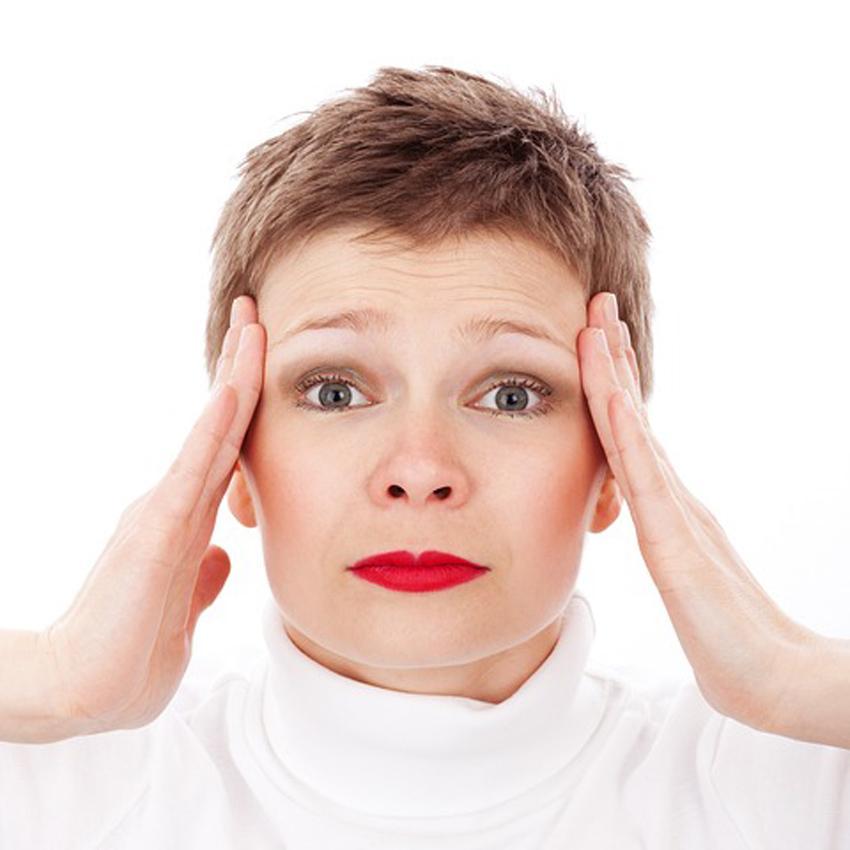
It seems Stress may now be America’s #1 health problem.
Stress
Any of a number of factors one experiences during the day or when trying to relax at night, may cause stress. Prolonged stress decreases length of time spent in sleep and reduces REM sleep. This leads to less effective sleep which manifests in impaired cognitive function and poor mood regulation. If left to run wild, it perpetuates—morphing into a cycle of relentless angst and sleeplessness.
Worrisome thoughts, anxiety, and panic disorders need to be addressed before you’re faced with chronic insomnia—where the real trouble begins.
And here we are. Again. It always circles back to stress. We keep ending up here because we’re a nation of stress—this must be true because we actually have something calledThe American Institute of Stress! The Institute defines stress as America’s #1 health problem and their goal is to help folks transmute stress into successful living outcomes—let’s hope they can, because here are some of their statistics...
Stress facts from recent reports
- Approximately 33% of people report experiencing extreme stress
- 77% feel stress affects their physical health
- 73% of people in the workforce think stress affects their mental health
- 48% of people experience sleep issues related to stress
While a little bit of stress can be useful in helping us perform daily activities, too much stress leads to mental and physical health issues—including poor sleep.
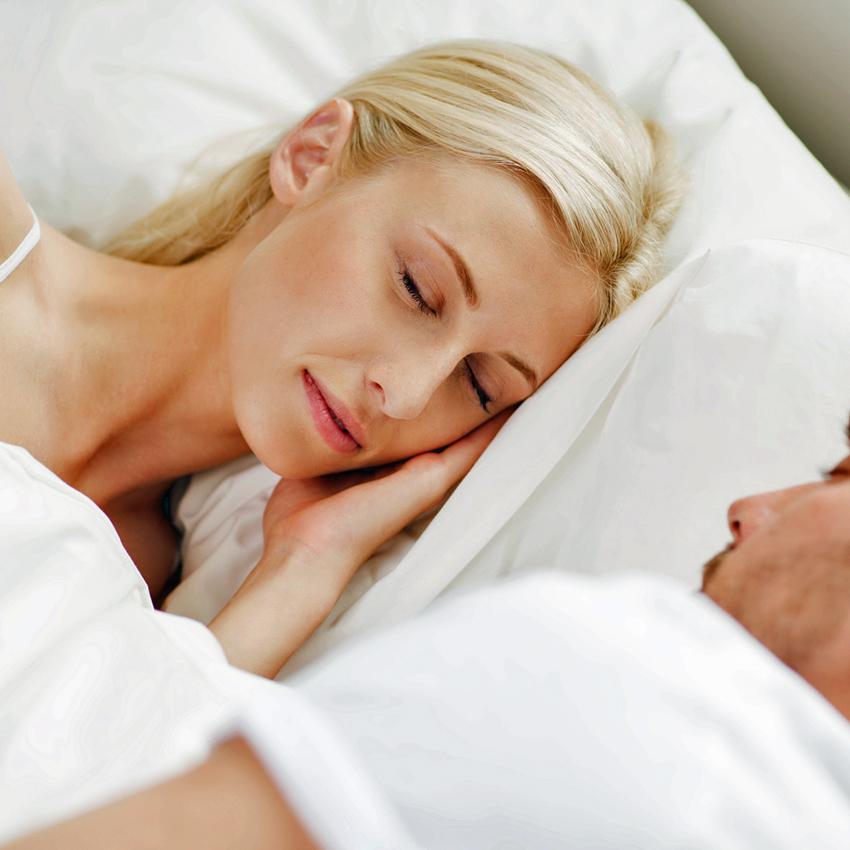
Practicing stress-reduction strategies will improve your sleep quality.
Coping with stress
Alleviating your stress will go a long way to helping you get the rejuvenating sleep you need. Check out these tips from the Sleep Foundation for less stress at bedtime—and don’t forget to try our stress-relieving, noise maskingearbuds—to silence your worried mind and ease you into peaceful, restorative sleep—all night, every night.
Thanks for joining us for our Insomnia Series! We hope you’ve found answers to your questions and are using them to improve your sleep and quality of life.
Wishing you stress-free, pain-free, disruption-free sleep!
Until next time…

Sometimes all you need is a cup of tea and some peace & quiet. Try a cup of Chamomile tea 45 minutes before bed for its mild sedative effect...
Then pop in our soothing pink noise earbuds— their soothing, "lullaby-esque" tones are just what you need to relax you and lull you into noise-free sleep!


